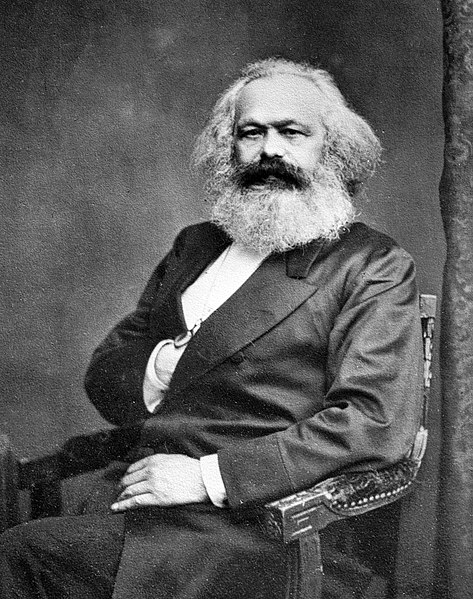The Cold War
Published 28 Sep 2019Our series on the history of the Cold War period continues with a documentary on Malayan Emergency of 1948-1960 during which the British empire was challenged by the emerging Malayan Communist Party. These events led to the independence of Malaya.
Consider supporting us on Patreon: https://www.patreon.com/thecoldwar
November 30, 2020
Malayan Emergency 1948-1960
The Ancient Art Of Brickmaking – Impervious Building Blocks Handmade From The Earth
Townsends
Published 31 Aug 2020Visit Our Website! ➧ http://www.townsends.us/ ➧➧
Help support the channel with Patreon ➧ https://www.patreon.com/townsend ➧➧
Instagram ➧ townsends_official
QotD: Grandstanding, or more properly, cant
A major proximate cause of the polarisation of opinion and consequent envenoming of political life is what the authors of this book call grandstanding, though a better word for it (in my opinion) is cant, a word which, oddly enough, they never use.
To cant is to utter moral sentiment far in excess of what is felt or could ever be felt. The purpose of cant is either to present the person who utters it as morally superior to others or to himself as he really is, or to shut other people up entirely. These purposes are not mutually exclusive, of course.
Cant is not new in the world, though the authors of this book offer no history of it. “Of all the cants that are canted in this canting world …” Laurence Sterne wrote more than quarter of a millennium ago, and Doctor Johnson suggested that his interlocutor should clear his mind of cant. My late friend, Peter Bauer, when elevated to the House of Lords, took “Let us be free of cant” as his heraldic motto, but far from ushering in an era free of it, subsequent years have proved a golden age of cant. The social — or antisocial — media have been a powerful catalyst of cant.
Theodore Dalrymple, “The Expanding Tyranny of Cant”, The Iconoclast, 2020-08-26.






